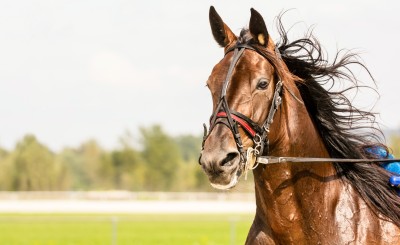Horse Microbiome Research Group
Welcome to the Horse Microbiome Research Group. We are a multi-disciplinary group of scientists and clinicians committed to enhancing horse health and wellbeing through understanding how microbe communities (bacteria, viruses, fungi) interact with their equine hosts and how they influence health, welfare and athletic performance.
Research overview

What we research
The Gut Microbiome:
- How does the hindgut microbiome change in different diseases?
- How does the neonatal foal gut become colonised with bacteria?
- How do early-life gut bacterial communities influence health and athletic performance in later life?
- How can we influence the development and maintenance of a healthy gut microbiome?
The Respiratory Tract Microbiome:
- What does the respiratory microbiome look like in health and disease?
- What is the relationship between the respiratory and gut microbiomes?
Why we do this research
Our mission is to enhance the health and wellbeing of horses through understanding the important role of gut bacterial communities. There is strong scientific evidence supporting the involvement of gut bacteria in many aspects of human health including immunity, allergy, behaviour and energy metabolism. We believe that gut bacterial communities are no less important to equine health.
Through understanding the horse – gut microbiome relationship, we aim to develop management and intervention strategies that optimise horse health and performance.
Research methods
Population-based studies
The starting point for much of our work is understanding and describing microbial communities in populations of horses, in health, in disease and at all stages of the animal’s life. Faecal samples are collected to evaluate gut microbial communities; health and performance data from horses in the study group may also be collected.
Next-generation sequencing
We use both 16S rRNA gene sequencing and, increasingly, shotgun metagenomic sequencing to describe the bacterial communities that we study.
Multivariable statistics
Integration of diverse data types and recognising patterns in large datasets is difficult. We use a range of statistical methods, software's (e.g., R, QIIME2, SqueezeMeta) and analytical approaches to interrogate and understand our data.
In vitro gut model
We have developed and validated a continuous flow, multi-compartment model of the equine hindgut. This model provides a convenient and cost-effective method for studying living hindgut microbial communities and their response to interventions.
Explore our research
Meet the team
Professor Christopher Proudman
Principal Investigator
Professor Roberto La Ragione
Principal Investigator




